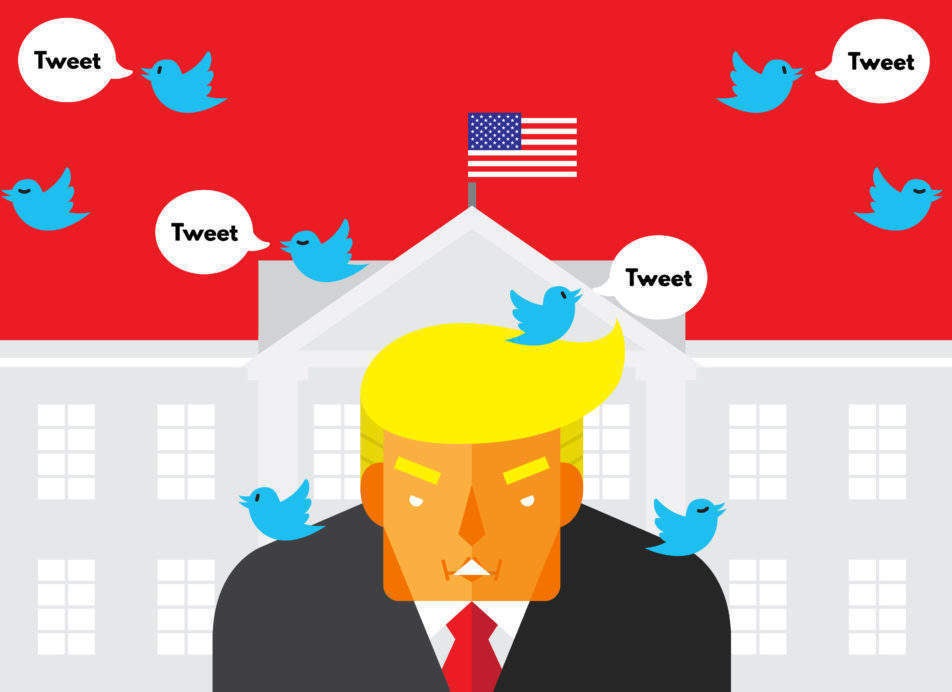
The role of Twitter bots, or automated Twitter accounts, in shaping public opinion is a pressing issue in modern politics.
While the extent of their influence on election results is not yet known, they are thought to have played a role in spreading misinformation and moulding opinion during the 2016 presidential election and other recent political events.

Access deeper industry intelligence
Experience unmatched clarity with a single platform that combines unique data, AI, and human expertise.
New research from the Australian National University (ANU) has reached that conclusion, revealing that bots were significantly more effective than human users in influencing public opinion during the first United States presidential debate in 2016.
Twitter bots were more influential than humans
Researchers devised an algorithm to analyse 6.4 million tweets sent during a 90-minute period before, during and after the televised debate between presidential candidates Hilary Clinton and Donald Trump in September 2016.
A Twitter bot is a computer programme that performs automated actions on the social media site such as tweeting, re-tweeting, liking, following, unfollowing, or direct messaging.
The researchers were specifically looking at the level of influence these bots have on political opinion, looking at what makes a tweet go viral via cascades of retweets.

US Tariffs are shifting - will you react or anticipate?
Don’t let policy changes catch you off guard. Stay proactive with real-time data and expert analysis.
By GlobalDataIt found that during the debate, bots were 2.5 times more influential than human tweeters.
Furthermore, they found that bots were not only more politically engaged than humans, but also more likely to broadcast pro-Republican views. ‘Highly influential’ human users, however, were more likely to be pro-Democrat.
Co-lead researcher Dr Timothy Graham explained how the technique was used to determine influence:
“We devised an influence measure which we could apply over all the millions and millions of possible unfoldings of these retweet diffusions, as well as a separate measure of political polarisation and engagement which we used to determine the partisanship of a tweet.”
Another aspect of the study was designed to determine the number of bots actively spreading political messages during the debate. Based on data collected over several months, of the 1.5 million accounts active during the debate, researchers found that only 4.8% of users were bots. That is far fewer than previous estimates of around 20 to 30%.
However, despite their numbers, they had a disproportionate level of influence. This was particularly the case for pro-Republican bots, which were found to be twice as influential as pro-Democrat bots and more politically engaged.
A key issue in modern politics
Graham believes that information warfare is now a key part of politics:
“We live in really interesting times where information warfare is now the state of play for politics nationally and internationally, so more research like this can help us understand if democracies are functioning the way we intend.”
However, a more extensive study would be needed to fully determine the political influence of bots on social media, particularly the extent to which bot activity was responsible for Trump’s election victory.







